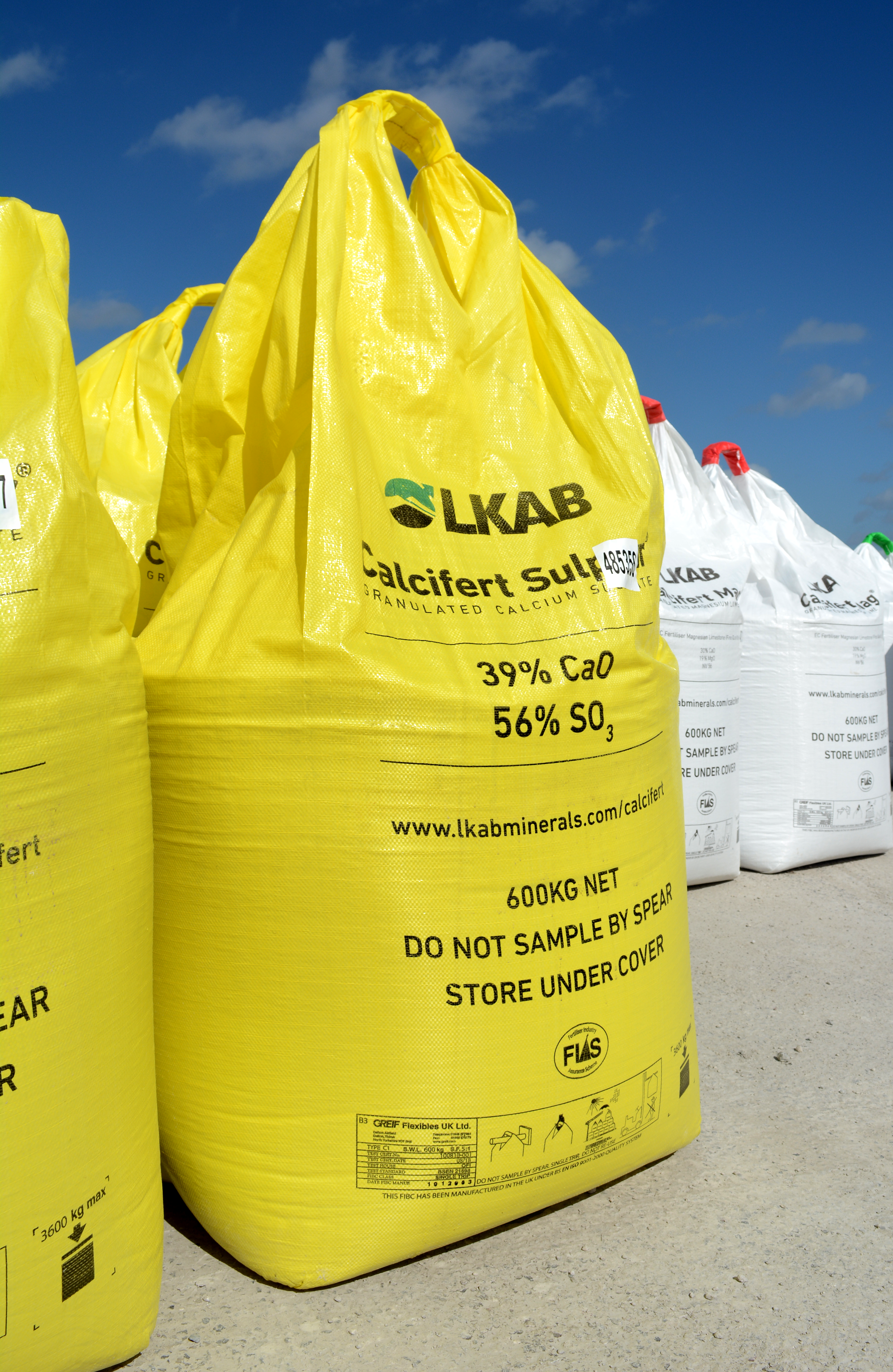The SMMART project (Swedish Magnetite Microwave Asphalt Road Technology) brings together the entire value chain in the asphalt industry in Sweden and has recently submitted its final report. Small-scale technology has been developed and tested, which shows good results with the electrification of the heating process. The next challenge is to scale up the technology. But the asphalt industry’s previous success with fossil-free fuels risks becoming an obstacle.
Electrification the next step after fossil-free fuels
Every year, Sweden produces 8 million tonnes of asphalt Sweden, which results in emissions corresponding to one per cent of the country’s total emissions. But in recent years, companies in Sweden have actively worked to reduce these and increasingly switched to fossil-free fuels. Thanks to the carbon cycle, carbon dioxide is bound in the growing biomass (forests and other plants) and you can achieve neutrality or even create a carbon sink. It is an important contribution to Sweden’s goal to be carbon neutral by 2045. But the desire to replace fossil fuels with biofuels also risks being an obstacle to the next step, carbon dioxide-free production through electrification.
SMMART microwave technology
Within the Vinnova-funded project SMMART, LKAB and partners (Ecoloop, Combitech, Skanska, Nynas, Glasir, GeoArc, Luleå University of Technology, the Swedish Transport Administration and VTI) are developing a microwave-based technology for heating asphalt with mixed magnetite.

The strength of the project is the parties’ solid knowledge and experience in asphalt laying, microwave technology and magnetite.
“It is the same microwave technology that every other person has in the microwave at home in the kitchen. The advantage of microwaves is that we have both an electric and a magnetic field that helps with the heating” says Christoffer Eek, Business Developer at Combitech.
Mobile battery system can solve the power supply
To develop a value chain that is completely fossil-free, the project has enlisted the help of Vattenfall, Northvolt and Scania. The idea is that you have a fossil-free logistics chain all the way from charging to the place you want the power.
Incentives for electrification in public procurement necessary
Despite the successes, there is still a lot of work to be done to scale up the technology. But today there is no incentive for companies to invest further. Cecilia Jernunger, Project Manager at LKAB shares some reflections on the next step for the project and the industry:
“Today, the use of biofuels is incentivised in procurements. This is good but also risks being counterproductive for the next step, the introduction of electrified technologies. Incentives are needed in public procurement that reduces risk and makes it attractive to invest in tomorrow’s carbon-free technology. One does not have to exclude the other, and we will continue to work on this development.”
Read the summary of the SMMART projects final report.
SMMART and the Global Goals for Sustainable Development
The project works for the global goals 3, 9, and 12:
3. Good health and well-being, reducing the number of illnesses and deaths due to harmful chemicals and pollution
9. Sustainable industry, innovations and infrastructure, upgrade all industry and infrastructure for increased sustainability
12. Sustainable consumption and production, ensure sustainable consumption and production patterns


